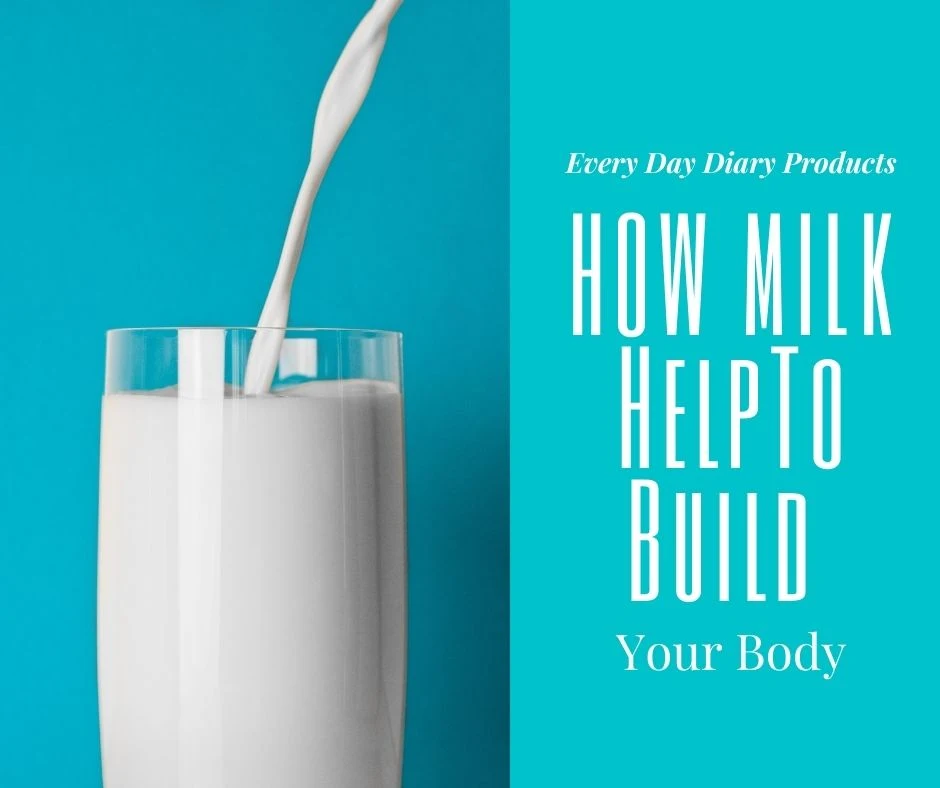Milk is the primary source of nutrition for young mammals, and for breastfed human infants, before they are able to digest solid foods. Meanwhile, the consumption of milk on a regular basis, help keeps the body in a good shape, during growth and development of the body.
Drinking a glass of Milk on a regular basis, helps keeps the body in a healthy state. Therefore, it is very important to drink one glass of milk everyday.
Milk is a nutrient rich liquid food produced by the mammary glands of mammals. Early-lactation milk is called colostrum, which contains antibodies that strengthen the immune system and thus reduces the risk of many diseases. It holds many other nutrients, including protein and lactose. Inter-species consumption of milk is not uncommon, particularly among humans, many of whom consume the milk of other mammals.
People who have a diet that is rich in milk and milk products can reduce the risk of low bone mass throughout the life cycle. Foods in the milk group provide vital nutrients, which including calcium, potassium, vitamins, and protein. The vitamins and minerals produced by milk such as Calcium, which helps build stronger bones and teeth, and also Vitamin D that helps the body to maintain proper levels of calcium and phosphorous, thereby helping to build and maintain bones.
As an agricultural product, dairy milk is collected from farm animals, e.g Cow, Sheep, Goat, Camel, Donkey and Horse etc. Throughout the world, more than six billion people consume milk and milk products on a daily basis.
Milk consumption occurs in two distinct overall types: a natural source of nutrition for all infant mammals and a food product obtained from other mammals for consumption by humans of all ages.
Milk is a colloid of butterfat globules within a water-based fluid that contains dissolved carbohydrates and protein aggregates with minerals. Milk is produced as a food source for the young, all of its contents provide benefits for growth. The principal requirements are energy (lipids, lactose, and protein), biosynthesis of non-essential amino acids supplied by proteins (essential amino acids and amino groups), essential fatty acids, vitamins and inorganic elements, and water.
For humans, the World Health Organization recommends exclusive breastfeeding for six months and breastfeeding in addition to other food for up to two years of age or more. In some cultures it is common to breastfeed children for three to five years, and the period may be longer.
Here are some of the Milk we have in stock for you to Buy.
Reference:Wiki Pedia







0 Reviews